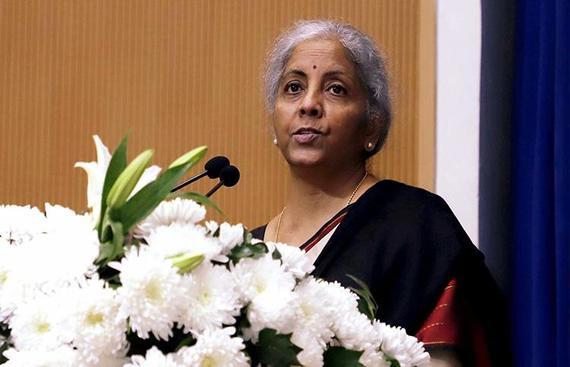Niramala Sitaraman-led 7th Budget: Startups express Hope on Modi 3.0 Government
By Team Startupcity | Tuesday, 11 June 2024, 08:50 IST

Prime Minister Modi once again reiterates his confidence on Nirmala Sitharaman as Finance Minister in his Cabinet.
Nirmala Sitharaman, a two-time Union Minister, has already presented six budgets, beginning with the 2019 full budget, shortly after the NDA government took charge.
The six financial plans she has introduced were for a really long time 2019, 2020, 2021, 2022, 2023 and the interim budget for 2024.
By introducing the interim budget in February 2024, she turned into the first finance minister to introduce six financial plans in succession. Former PM Morarji Desai held the record in the past.
In 2019, the 64-year-old minister became the first woman in the country to hold the finance portfolio for a full term.
Looking upon this, India’s start-ups are eagerly awaiting the new government’s policies to meet their specific needs for stronger policy directions, improved technology, R&D, and financial market stability.
The government can create a ground that encourages the growth and success of startups across the nation by implementing specific policies and providing essential resources.
Rahul Mishra, Co-founder and Director of Policy Ensure says, “We believe the insurance industry will sustain its quest to improve financial inclusion by reaching the general public, especially in tier 2 and 3 cities.”
“We also expect strengthened regulations to enhance customer protection. Furthermore, changes in policies concerning digital enterprise and emerging technologies may influence the insurance market post-election. The anticipated reduction in capital requirements may attract more companies to the insurance sector under a composite license regime, leading to increased competition and innovation, Mishra added.
Olyv CEO Rohit Garg says, “Key expectations are around fast-tracking digitisation and providing robust support through tax incentives, subsidies, digital infrastructure improvements, and easier access to credit. As the world's third-largest start up ecosystem, India stands at a crucial juncture where policy continuity is vital for new-age businesses to thrive and compete globally. As India processes a tighter-than-expected race to the Centre, the business community, particularly start-ups and entrepreneurs, looks forward to the newly elected government’s policy directions”.
Further Rohit added, “The next five years will be pivotal for expanding opportunities in both B2C and B2B sectors and deep tech fields. Start-ups hope for substantial policies leveraging India’s strengths in demographics, digitalization, and AI to lead the nation toward unprecedented growth. Start-ups are also looking towards government initiatives that support the establishment of strong governance frameworks”.
Read More News :
Glow Up for June: Transform Your Skin with These Essential Skincare Swaps
A Seven-day exchange programme between MPS & Evrika Lyceum concludes with strengthening ties in Baku

.jpg)

.jpg)